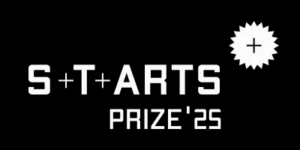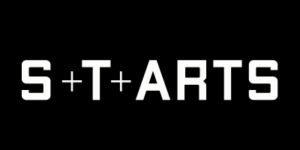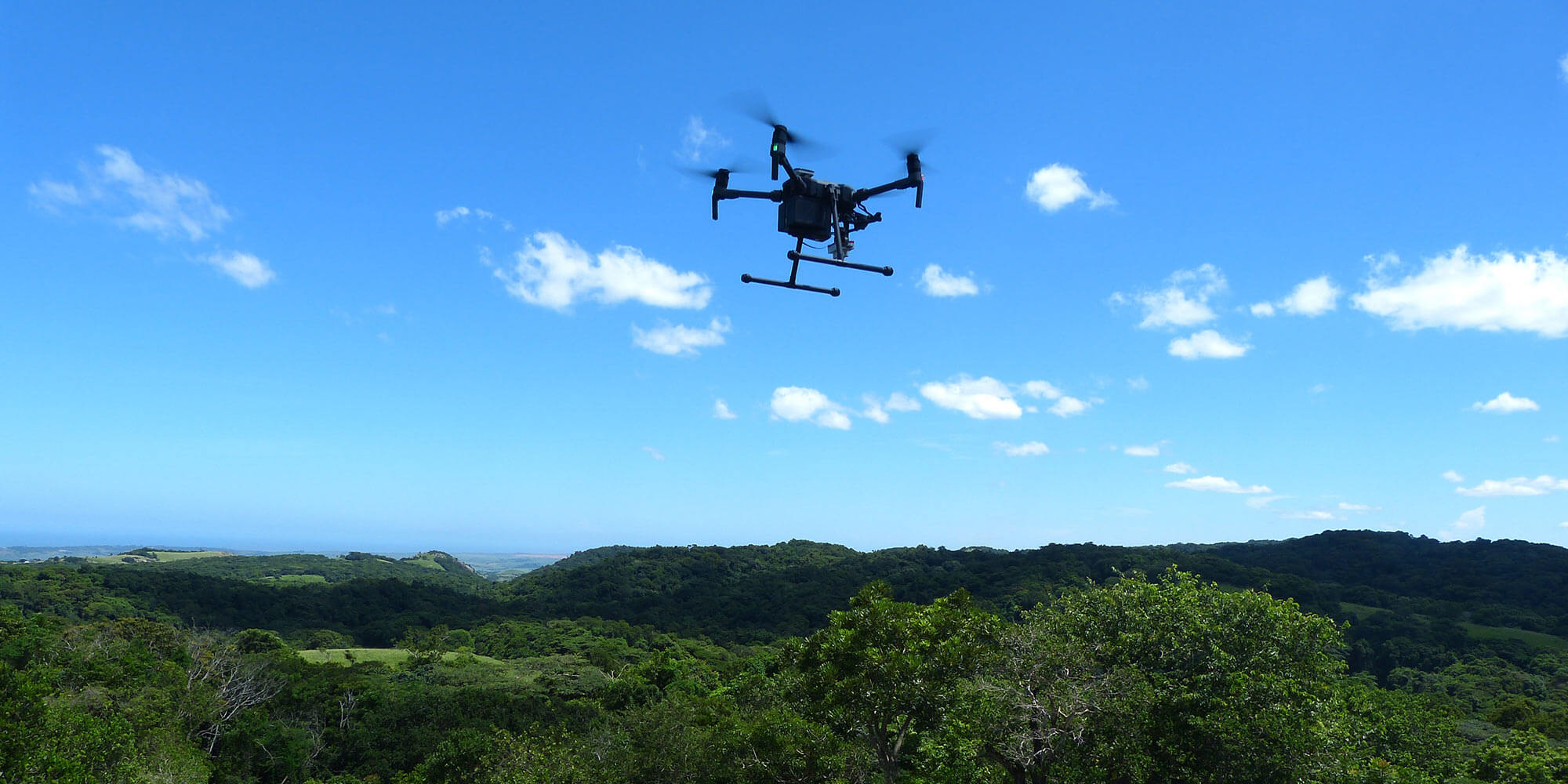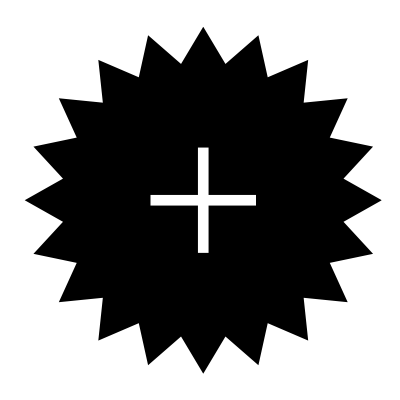Nomination
www.c-lab.co.uk/projects/living_dead
No longer existing in the wild, ‘Encephalartos woodii’ is one of the rarest and most endangered plants on Earth. One male specimen was found in 1895 in the Ngoye Forest, South Africa. It was removed from the wild and its offsets have been propagated in botanical gardens worldwide. However, these specimens are all clones of the original male. Numerous expeditions have sought to find another specimen, specifically a female, to bring ‘Encephalartos woodii’ back from the brink of extinction, but so far without success.
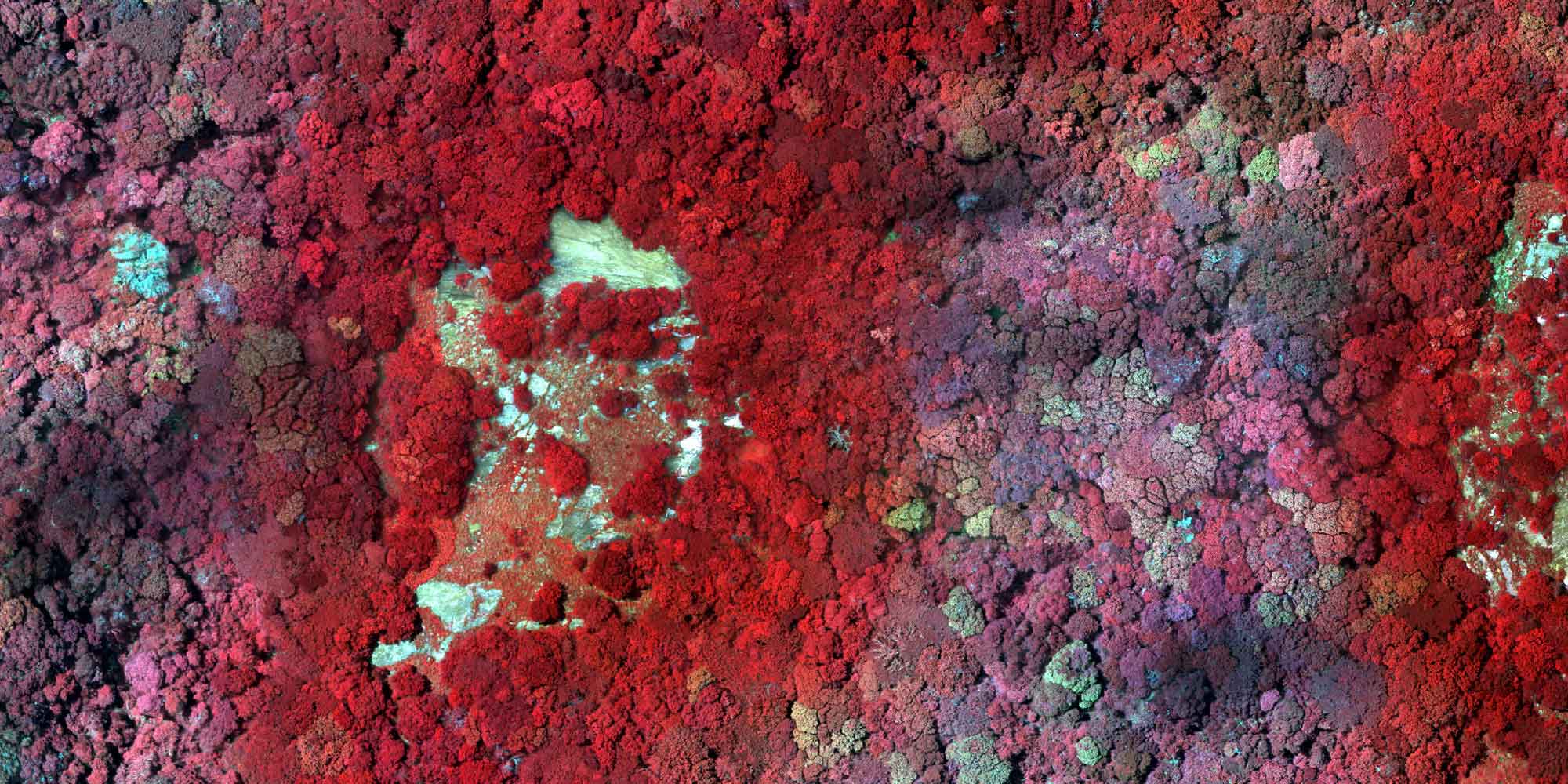
The Ngoye Forest hasn’t been fully surveyed and there is a possibility that a female may exist. Drone searches were conducted using a drone equipped with a multispectral sensor. This is the first time these methods have been used to search for ‘Encephalartos woodii’. The story of this enigmatic cycad, its discovery, and subsequent disappearance from the wild, highlights the importance of conservation efforts in preserving the planet’s rich diversity of life and is a poignant reminder of the fragility of biodiversity.
Credits
Conservation scientist & drone pilot: Dr Debbie Jewitt, Ezemvelo KwaZulu-Natal Wildlife, South Africa; Dr Howard Boland, C-LAB, UK
Ezemvelo KZN Wildlife:
Technician and drone pilot: Musawenkosi Michael MM. Mkhize
District ecologist: Sharon Louw
Control research technician: John Craigie
Pilot & director, The Bateleurs: Steve McCurrach
Library, Art & Archives Team, Royal Botanic Gardens, Kew
This project is a recipient of the Roots and Seeds XXI Biodiversity Crisis and Plant Resistance production award—an international cooperation project between Ars Electronica (AT), Leonardo / Olats (FR), and Universitat de Barcelona (ES), in collaboration with Institut Botànic de Barcelona – IBB (ES) and Quo Artis (ES) as lead partner. With the support of the Creative Europe Programme of the European Union.
Biography
Dr Laura Cinti (IT) is a research-based artist working with biology and co-director of the award-winning transdisciplinary art collective C-LAB which she co-founded in 2003 with Howard Boland. Through C-LAB they have developed an art practice using techno-scientific living artworks that have been exhibited worldwide and curate events and workshops focusing on the intersections of art and biotechnology.
